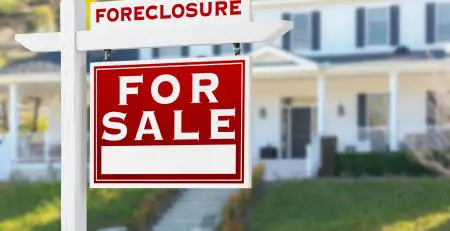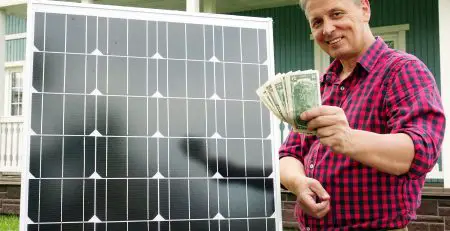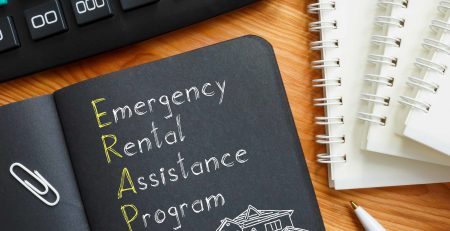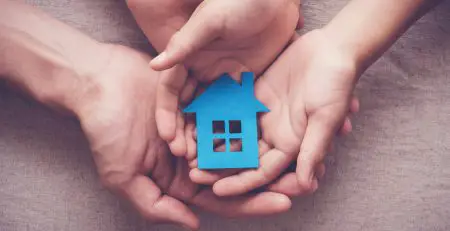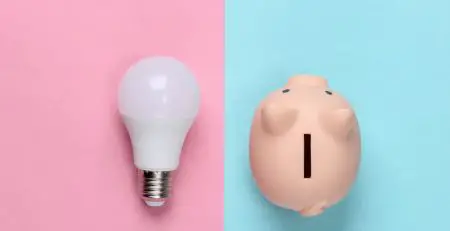Many individuals are finding it a challenge to stay on track with their housing costs. It is a good rule of thumb to maintain housing costs to no more than 30% of your monthly gross income. This is what it means for your housing to be affordable, according to the definition from the United States Department of Housing and Urban Development (HUD). That can be hard for many households to achieve. Other than housing assistance options, the HUD offers other support options to assist people to purchase or improve their properties. It is essential to look through the available options as they may be able to help your current situation.
What are Some Popular HUD Support Options?
Some popular HUD support options include:
- Housing Choice Voucher Program
- Public Housing
- FHA Loans
- HUD Homes
- Housing Opportunities for Persons with AIDS (HOPWA)
- Good Neighbor Next Door (GNND) Program
Housing Choice Voucher Program
One of the most famous options on this list is the Housing Choice Voucher Program, which is also referred to as Section 8. This is a support option that can provide housing vouchers to eligible applicants. Recipients can use these vouchers for a portion of the housing costs that recipients face. Additionally, recipients can select the property they want to stay in, but they can only select homes that allow these vouchers as a form of payment. The homes must also meet local PHA requirements, which means passing a home inspection.
This program is available, thanks to the HUD, but public housing authorities (PHAs) are responsible for the administration of the program at the local level. PHAs get HUD funding, but they are in charge of the program’s management. It is important to keep in mind that specific eligibility criteria can differ based on the area. There are generally four criteria that are important to PHA consideration. These four criteria include:
- Citizenship Status
- Income Level
- Household Status
- Eviction/Criminal History
If you want more information or want to start your application process, you can contact your local PHA. People that need further help can get in touch with their local HUD Field Office.
Public Housing
Another popular HUD support option is Public Housing. This option aims to offer safe and appropriate rental homes to eligible families at a rate they can afford. Apartments are not the only types of homes that are part of this option. For instance, public housing also offers single-family homes. Despite that it is a HUD program, housing agencies (HAs) are in charge of managing at the local level. Specific eligibility requirements will differ. They will, however, define who is eligible based on the following criteria:
- Income Level
- Family Status
- Citizenship Status
- References
Although references do not interfere with whether a person is eligible or not, it is still an important factor to keep in mind. This is because even people who meet all of the requirements could still be ineligible for this option if they do not have good references. References allow the local HA to figure out if recipients will be good renters and neighbors. If you want to start the application process, then you will want to contact your local HA. Individuals that need more help can get in touch with their local HUD Field Office.
Federal Housing Administration (FHA) Loans
The Federal Housing Administration (FHA) is part of the HUD, and they insure loans that lenders offer. Through the insurance of these loans, the FHA decreases the financial risk that lenders might experience. The FHA protects lenders against losses through payments of a claim to the lender for the unpaid loan principal balance, in the case that an individual defaults on their mortgage. Some of the benefits of these loans are that they offer reduced down payment requirements and accept applicants with a lower credit score than conventional loans. Other than a standard mortgage, there are different types of FHA mortgages that you might not know about! Some of these loans include:
- Home Equity Conversion Mortgage (HECM): HECM is a form of reverse mortgage that helps individuals who are at least the age of 62. People who receive this mortgage can transform their home equity into cash and still keep the title of their home.
- 203(k) Improvement Loan: This home loan comes with additional funds. People who receive the additional funds can use them for managing renovations and repair costs to the property.
- Energy Efficient Mortgage: This is also a home loan that comes with additional funds. People who receive the additional funds can use them for upgrading their homes to become more energy efficient.
- Section 245(a) Loan: When applicants find that their income could increase, they might gain from this home option. The mortgage begins at a lower payment per month but increases with time.
HUD Properties for Sale
Residential homes that belong to the HUD are available to buy at a reduced rate. The HUD owns these homes as a result of a foreclosure on a mortgage that the FHA insured. HUD will provide the foreclosed properties for sale to try to recover the loss that came with the foreclosure. If you want to look through these discounted homes, then you will need to look through the HUD Home Store.
There is a specific process when it comes to purchasing these types of homes. Only brokers that are government-registered can sell them. The HUD Home Store is not only a great place to look for homes, but it is also a great resource of information. It helps you learn about what it means to manage the home buying process for these properties.
Housing Opportunities for Persons with AIDS (HOPWA)
Different people have different challenges to go through. This is why the government created HOPWA. This option can assist eligible people that have HIV/AIDS get homes. The program can offer this through grants to several sources including nonprofit organizations, local communities, states, and much more. There are two types of grants that sources can gain from, which are:
- Formula Grants
- Competitive Grants
The funds that sources get can assist people through housing support, social services, and much more. While eligible people and their households cannot directly gain from HOPWA, they can gain from HOPWA-funded options available in their community.
Good Neighbor Next Door (GNND) Program
There is another great home buying option on this list, which is the GNND program. The option provides a 50% discount on the price of a home for qualifying recipients. To gain from this option, recipients must have an eligible position. An eligible profession could be one of the following:
- Teachers (from pre-K to 12th grade)
- Law Enforcement Officers
- Firefighters
- Emergency Medical Technicians (EMTs)
Other than the requirement of an eligible profession, recipients need to commit to staying on the property for a minimum of 36 months. Additionally, the property needs to be registered as the primary residence. These properties need to be located in revitalization areas that are exclusively on sale through this program. If you want to gain from this housing support option, then you should look through the listing of your state. When you find a property that you like, you will need to follow the guidelines to submit your interest.
If the property you want receives several submissions, then the offer will be sent to an interested party that is selected by a random lottery. If chosen, the HUD will need the recipient of the home to sign a second mortgage and not for the discounted home amount (which is known as the “silent second.”) No payments or interest on this silent second is required, as long as the recipient meets the 36-month requirement above.
Conclusion
Everyone has different challenges to deal with. This is why the specific housing support option that would help your situation might not be as beneficial for someone else. Fortunately, there is a wide range of housing support options available from the United States Department of Housing and Urban Development (HUD). There might be more options than you know that could help your housing situation.





